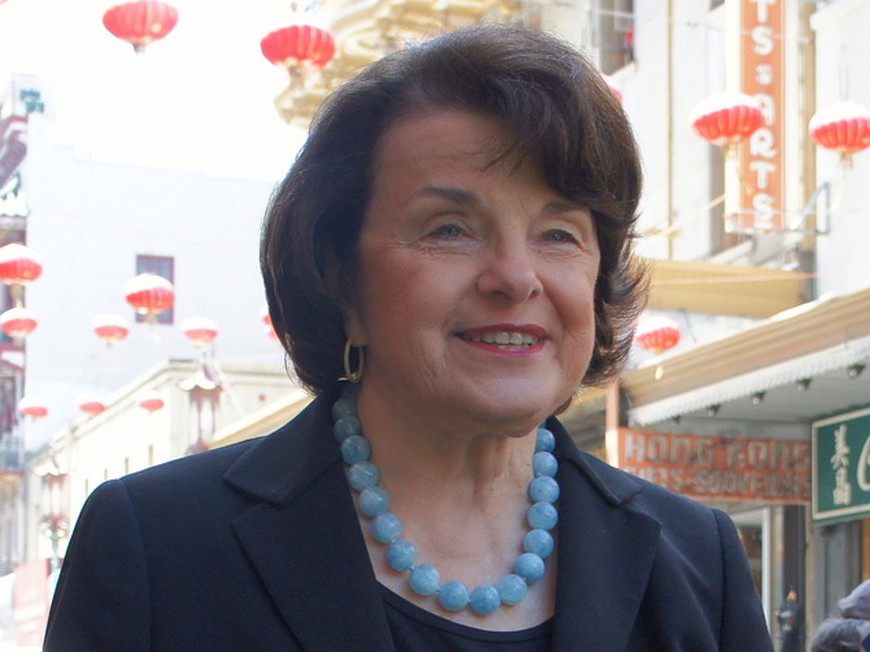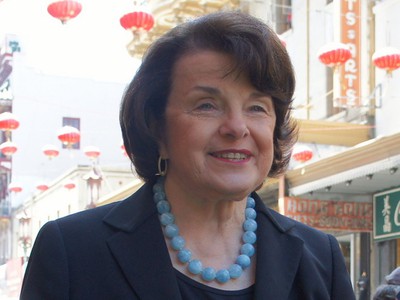

- Senators Dianne Feinstein, Lindsey Graham and Kelly Ayotte have written a letter appealing to the US Attorney General to support their efforts to ban internet gambling.
- The three politicians say that they “fully expect the Senate will act on our legislation this year.”
Senators Dianne Feinstein, Lindsey Graham and Kelly Ayotte have written a letter appealing to the US Attorney General to support their efforts to ban internet gambling.
The letter announces that the December 2011 decision by the DOJ to re-interpret the Wire Act so that it only applies to sports betting “could usher in the most fundamental change in gambling in our lifetimes by turning every smart phone, tablet, and personal computer in our country into a casino available 24 hours a day, 7 days a week.”
The Senators further state that the FBI has warned that “it will open the door to money laundering and other criminal activity.”
In words reminiscent of Sheldon Adelson’s latest Coalition to Stop Internet Gambling (CSIG) video, the letter says that the decision is “bound to prey on children and society’s most vulnerable.”
Finally the Attorney General is asked to support legislation to override the Wire Act and outlaw online gaming. The three politicians say that they “fully expect the Senate will act on [the] legislation this year,” and expect their efforts to be successful with the help of the DOJ.
Problem Gambling and Consumer Protection
There are serious issues surrounding problem gambling which could benefit from open discussion by the government, industry and the public—none of which are mentioned in this letter.
While the senators, two Republican and one Democrat, have put themselves in line for funding support from Sheldon Adelson come the next election, they have also left themselves vulnerable to charges of political opportunism—exploiting ignorance and scaremongering.
With arguments at the intellectual level of the dice in your home Monopoly game turns your house into the Bellagio, the Senators are ignoring the issues that involve consumer protection in favor of advancing a political agenda.

